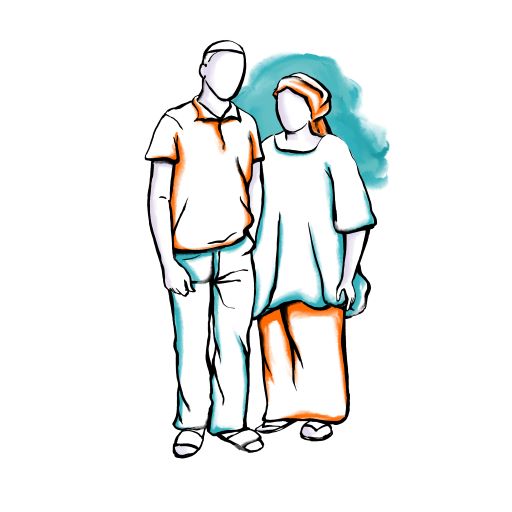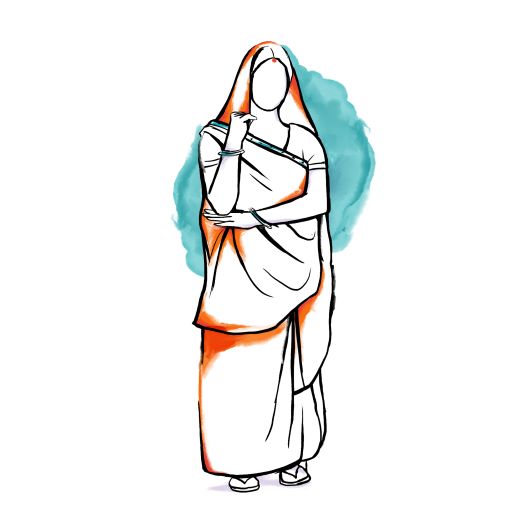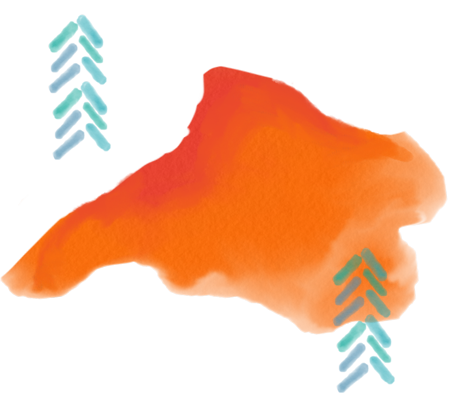Working with Couples: Prevention Strategies Deep Dive
Learn about prevention of Intimate Partner Violence through programmes that work with couples and how to apply this strategy in your context.
Applications close on 21st October
Working with Couples: Prevention Strategies Deep Dive
Learn about preventing intimate partner violence through programmes that work with couples.
What Will I Learn?
With this course, you will take a deep dive into the key elements of effective strategies to prevent violence against women and intimate partner violence (IPV) through working with couples. The course will also offer an opportunity to co-learn with other practitioners working in this space through live sessions led by Ritha Nyiratunga.
Specifically, by the end of this course, you will be able to:
- Describe the rationale for working with couples to prevent IPV
- Understand the history of couples-based programming, including concerns over its appropriateness to address IPV
- Identify the risk and protective factors addressed by this prevention strategy
- Identify the key components of evidence-based couples programmes to prevent IPV
- Explain how these interventions seek to foster change and reduce violence against women and IPV
- Summarise evidence on the effectiveness of these programme interventions
- Articulate key considerations and learning about designing, adapting, and implementing such programmes
- Reflect on how this strategy is applicable in your context


Who is this course for?
This course is designed for:
- Practitioners in violence against women prevention programming
- Experienced programme managers, technical leads, and researchers interested in working with couples to prevent IPV
What are the requirements to join?
We strongly recommend that all participants complete the ‘Working at the Intersection of Violence Against Women and Children’ course before starting ‘Working with Couples: Prevention Strategies Deep Dive’. Understanding the intersections of violence against children and violence against women in the home is critical for you to gain the most from the current course. Other requirements include that you:
- Have a functional laptop/mobile phone and access to stable internet
- Are proficient in English
- Can complete all sessions and quizzes, as well as engage in the discussion forum
What is the learning schedule?
This self-paced course is designed to be completed within three to four hours over five weeks.
You will also be invited to live, facilitated sessions with the course facilitator. These live sessions offer an opportunity to meet and share knowledge with other practitioners in the parenting programme space.
What is the course outline?
This course has five sessions:
- Course Introduction
- Why Work with Couples?
- Unpacking the ‘Working with Couples’ Strategy
- Applying the Strategy
- Course Conclusion
These interactive sessions are designed to walk you through the various facets of working with couples to prevent violence against women using relevant programme examples and practical considerations for applying this strategy in your context.

For more information about this course, contact us at [email protected].
